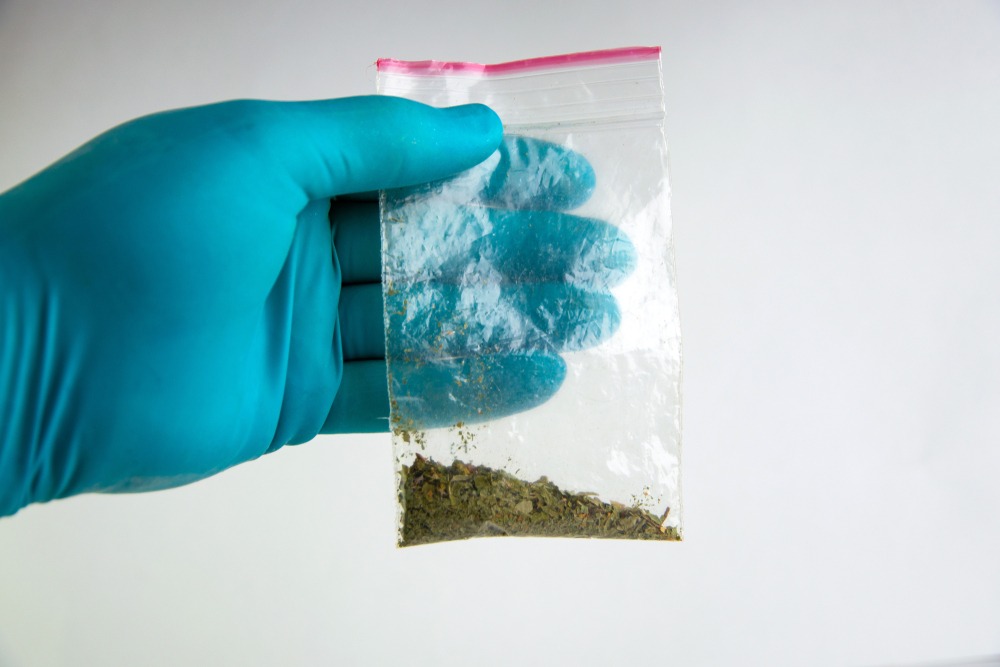Investigating the Promising Applications and Favorable Effects of Flavor as a Synthetic Cannabinoid
In the last few years, the expedition of artificial cannabinoids, specifically Spice, has actually stimulated fascinating conversations within the clinical and clinical areas. The prospective applications and influences of Flavor in numerous restorative settings have actually attracted interest for their special residential or commercial properties and effects on the body. As research study dives much deeper right into this artificial substance, revealing its resemblances and variations with natural cannabinoids, a nuanced understanding of its advantages and challenges arises. This discussion intends to lose light on the encouraging avenues that Flavor presents in the world of medical care and wellness, motivating a reevaluation of traditional methods to cannabinoid-based therapies.
Healing Prospective of Seasoning
Checking out the therapeutic possibility of Flavor, a synthetic cannabinoid, includes a crucial exam of its pharmacological residential or commercial properties and prospective medical applications. Seasoning, likewise known as artificial marijuana, engages with the endocannabinoid system in a manner comparable to all-natural cannabinoids, such as those found in marijuana. This communication results in various physical results that have triggered interest in its healing possibilities.
Researches have suggested that Spice may have prospective as an analgesic, aiding to reduce discomfort in problems such as neuropathic pain or chronic inflammatory discomfort - Buy K2 Paper For Sale. Additionally, its interaction with cannabinoid receptors provides a possibility for discovering its use in managing symptoms of problems like numerous sclerosis or chemotherapy-induced nausea or vomiting and vomiting

Pain Monitoring Benefits
Seasoning, a synthetic cannabinoid, displays promising potential hurting management due to its analgesic properties and interactions with the endocannabinoid system. The analgesic buildings of Spice originate from its ability to regulate discomfort understanding pathways, using alleviation from numerous kinds of pain, including neuropathic, inflammatory, and nociceptive discomfort. By targeting the endocannabinoid system, Seasoning can regulate discomfort signals, reduce inflammation, and alleviate pain connected with chronic pain conditions.
Research studies have revealed that Spice can efficiently decrease pain strength and enhance discomfort tolerance in preclinical models of discomfort. This artificial cannabinoid has demonstrated efficiency in taking care of pain signs without causing considerable unfavorable impacts frequently connected with conventional pain medicines. Additionally, Flavor reveals why not check here potential in decreasing opioid dependence and misuse, offering a more secure alternative for discomfort monitoring.
Neuroprotective Characteristics
Artificial cannabinoids like Seasoning have actually been increasingly recognized for their prospective neuroprotective buildings in mitigating neuronal damages and promoting mind health and wellness. Research studies recommend that these compounds may supply neuroprotection through various systems, including antioxidant results, anti-inflammatory buildings, and modulation of natural chemical launch. By interacting with the endocannabinoid system in the mind, artificial cannabinoids can regulate neuronal task and potentially decrease the effect of neurodegenerative diseases or injuries.
One key facet of the neuroprotective homes of Spice is its ability to regulate excitotoxicity, a procedure wherein extreme excitement of nerve cells brings about cell damage or death. By managing neurotransmitter launch and wetting excitotoxic signaling pathways, artificial cannabinoids may aid secure nerve cells from hazardous overstimulation. Furthermore, the anti-inflammatory impacts of Seasoning could mitigate neuroinflammation, which is frequently implicated in different neurological problems.
Comparative Evaluation With All-natural Cannabinoids
In comparing the neuroprotective buildings of artificial cannabinoids like Flavor with those of natural cannabinoids, a nuanced evaluation of their respective effects on neuronal wellness is critical. All-natural cannabinoids, such as those found in the marijuana plant, have actually been extensively examined for their neuroprotective official statement results. These substances interact with the endocannabinoid system in the body, which plays an essential duty in maintaining neuronal function and shielding versus neurodegenerative illness.

Regulative and Ethical Factors To Consider
Thinking about the possible ramifications on human wellness and well-being, an assessment of governing and ethical considerations bordering making use of synthetic cannabinoids compared to all-natural cannabinoids is essential. Artificial cannabinoids, like Flavor, present special challenges due to their commonly unidentified chemical structures and strength variants. Governing bodies face the difficult task of staying on top of the quick emergence of new synthetic cannabinoid substances, which can make it tough to implement consistent and effective guidelines.

To resolve these regulative and moral challenges, policymakers should focus on research right into the lasting effects of synthetic cannabinoids and establish clear guidelines for their manufacturing, sale, and use. Education and learning campaigns are essential to educate the public concerning the threats linked with artificial cannabinoids and promote responsible consumption practices. By taking positive procedures, culture can much better protect versus the prospective damages positioned by artificial cannabinoids while maintaining honest criteria and protecting public wellness.
Verdict
In verdict, the investigation right into the therapeutic capacity of flavor as an artificial cannabinoid has actually revealed promising results click to find out more in discomfort management and neuroprotection. Generally, the positive influences of flavor as a synthetic cannabinoid warrant more research study and exploration in the medical field.